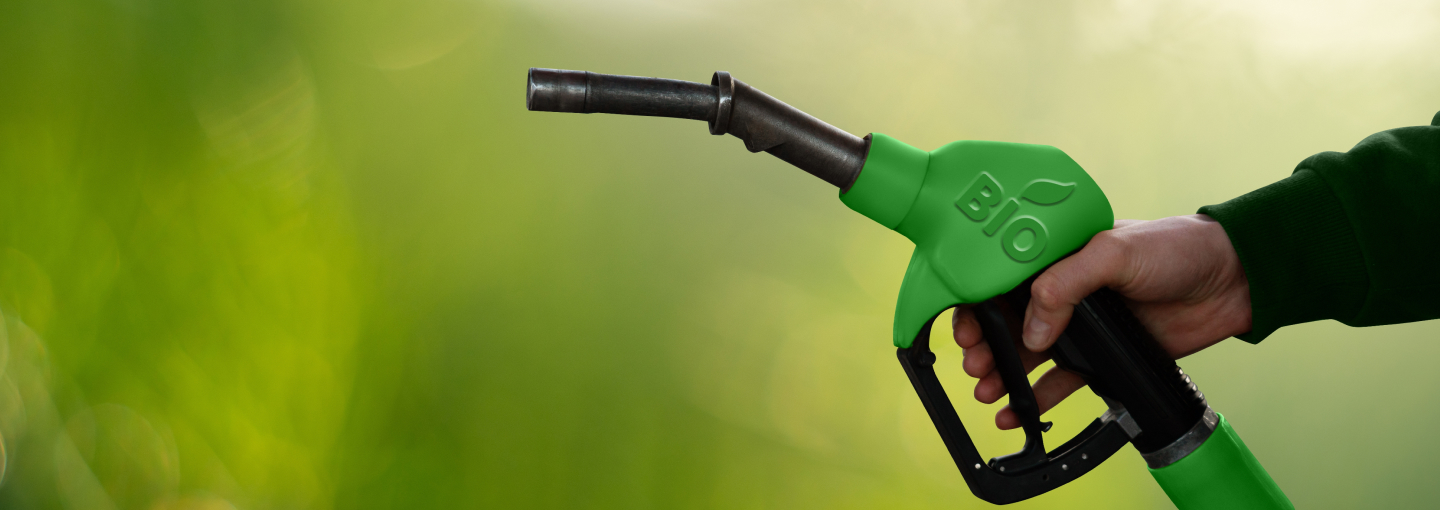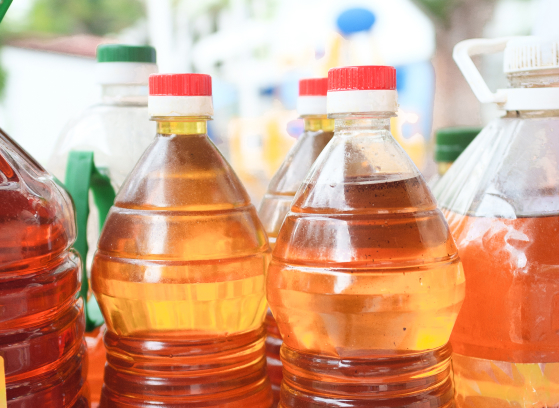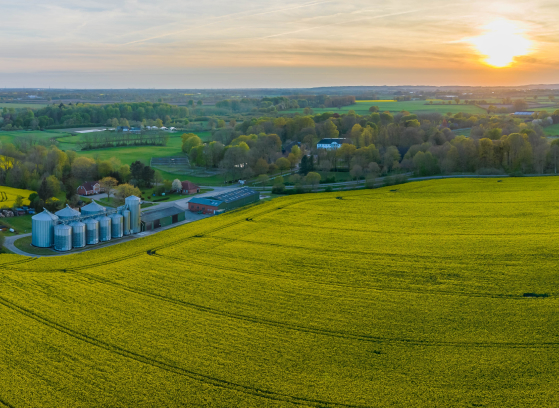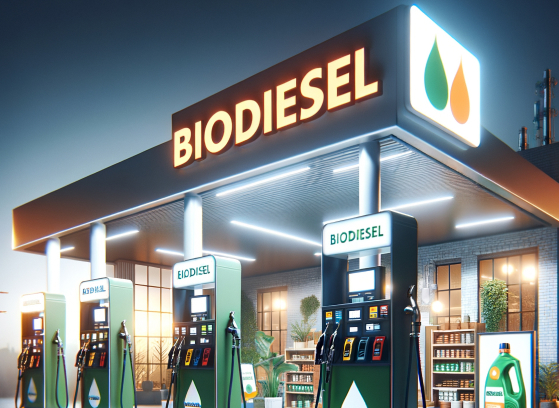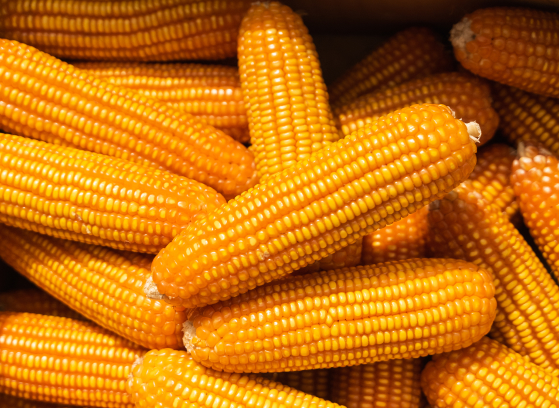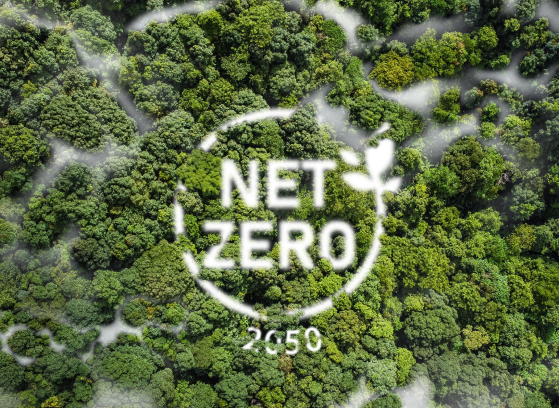Bio-Diesel
To reduce dependence on fossil fuels and mitigate climate change, India has implemented a biodiesel blending mandate. The Ministry of Petroleum and Natural Gas notified the National Policy on Biofuels in 2018, setting targets for blending biodiesel with diesel.
Key Provisions:
- Blending Targets: 5% biodiesel blending with diesel by 2030.
- Intermediate Targets: 2% blending by 2022, 3% by 2025, and 5% by 2030.
- Feedstocks: Focus on non-food feedstocks like waste cooking oil, agricultural waste, and algae.
Bio-Diesel @ BCL
BCL always promoted maize production in the country for ethanol production and are now leading the way in establishing a state-of-the-art Bio Diesel manufacturing unit at its Bathinda Distillery. In a move poised for future growth, it has undertaken the initiative to establish a 75KLPD Biodiesel plant in fiscal year 2024-25.
Bio-Diesel Unit Photos (May 2025)
Bio-Diesel Unit Photos (July 2025)
Stay Updated
Subscribe to our newsletter for the
latest BCL products and information.
